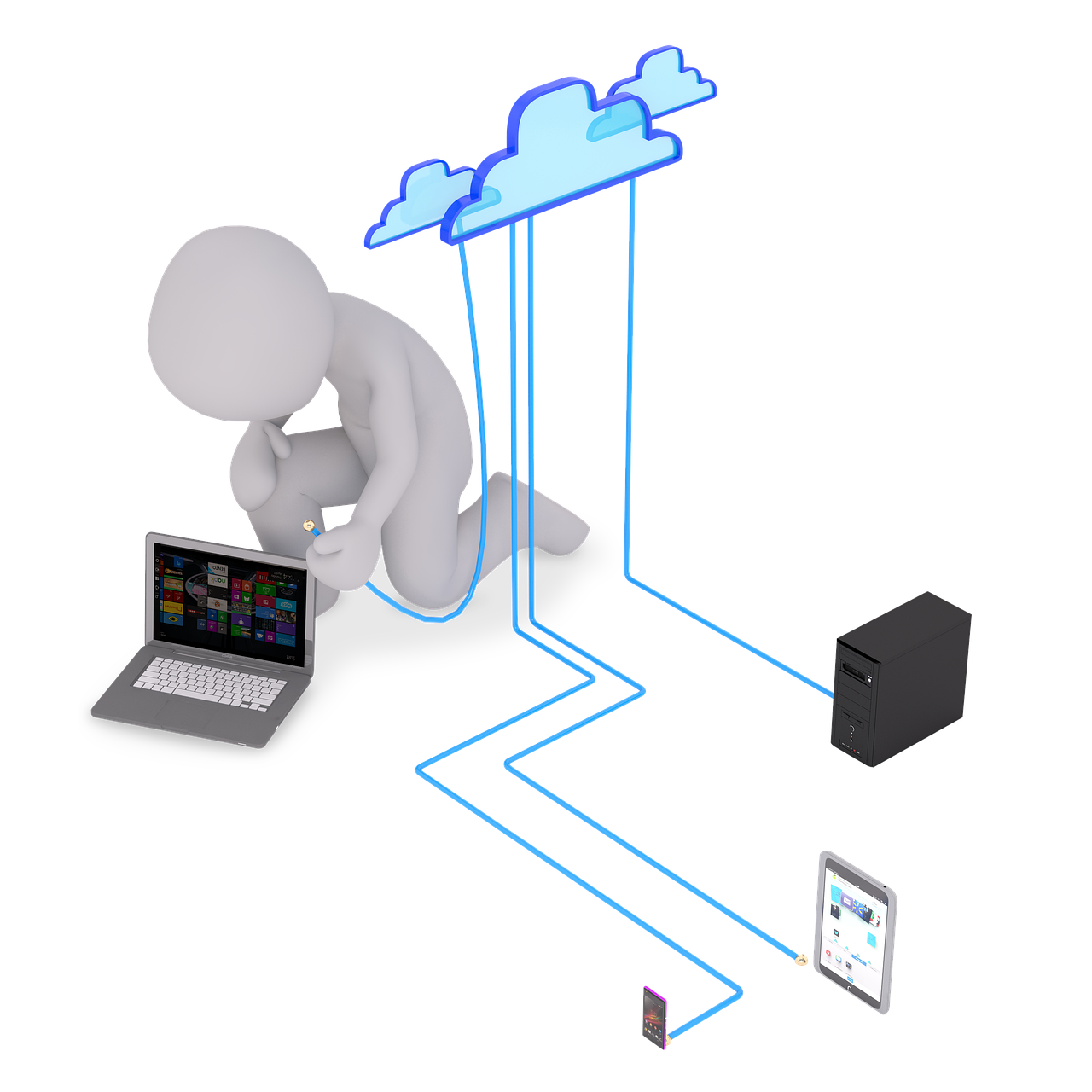Evaluating a WiFi system for your business can be a complex process, as there are many factors to consider. Here are some steps you can take to help you choose the best WiFi system for your business:
- Determine your WiFi requirements: Consider the size of your business, the number of users, the types of devices they will be using, and the type of internet activities they will be performing.
- Research different WiFi systems: Look for WiFi systems that are designed for business use and compare their features and capabilities. Consider the types of antennas and coverage areas they offer, as well as their security features and management tools.
- Determine your budget: WiFi systems can vary widely in price, so it's important to determine how much you are willing to spend. Keep in mind that investing in a high-quality WiFi system can save you money in the long run by reducing downtime and increasing productivity.
- Consider the installation process: Some WiFi systems are easier to install than others, so consider the technical expertise of your team and whether you will need to hire a professional to install the system.
- Test the system: Before making a final decision, it's a good idea to test the WiFi system to ensure it meets your needs and performs well in your environment. You can do this by setting up a trial or demo of the system and evaluating its performance.
By following these steps, you can choose a WiFi system that meets your business's needs and budget.
When it comes to installing a new system.
- Plan ahead: Before you begin the installation process, make sure you have a clear understanding of your WiFi requirements and have chosen a system that meets those needs. It's also a good idea to create a detailed plan for the installation, including where the access points will be located and how they will be connected to your network.
- Follow manufacturer instructions: Make sure you carefully read and follow the manufacturer's instructions for installing the WiFi system. This will help ensure that the system is installed correctly and works as intended.
- Place access points carefully: Proper placement of the access points is key to ensuring good coverage and performance. Make sure to place them in locations that will provide the best coverage for your business and avoid areas with interference, such as metal objects or other electronic devices.
- Use quality cables: The cables used to connect the access points to your network can affect the performance of your WiFi system. Make sure to use high-quality cables that are appropriate for the distance and type of connection you need.
- Test the system: Once the WiFi system is installed, be sure to test it to ensure it is functioning correctly and providing the coverage and performance you need. This may involve moving or adding additional access points to optimize coverage.
Some of the typical problems you may come across include:
- Poor coverage: If the access points are not placed correctly or are not powerful enough, the WiFi signal may not reach all areas of the business, resulting in poor coverage.
- Interference: Other electronic devices, such as cordless phones or Bluetooth devices, can interfere with the WiFi signal, causing problems with connectivity and performance.
- Overload: If there are too many devices connected to the WiFi network, it can become overloaded, resulting in slow speeds and poor performance.
- Security issues: If the WiFi system is not properly configured or secured, it may be vulnerable to hacking and other security threats.
- Compatibility issues: Some devices may not be compatible with the WiFi system, which can cause problems with connectivity and performance.
Should you hire a professional? There are several factors to consider when deciding whether to hire a professional to help you choose and install a WiFi system for your business. Here are some benefits of hiring a professional:
- Expertise: A professional will have the knowledge and experience to help you choose the best WiFi system for your business and ensure it is installed correctly. This can help prevent problems and ensure the system is working optimally.
- Time-saving: Installing a WiFi system can be a time-consuming process, especially if you are not familiar with the technology. Hiring a professional can save you time and allow you to focus on other tasks.
- Quality: A professional will have access to high-quality equipment and will be able to install it to industry standards, which can help ensure the system is reliable and performs well.
- Support: If you encounter any problems or have questions about your WiFi system, a professional will be able to provide assistance and support.
That being said, it is also possible to install a WiFi system on your own if you have the technical expertise and are willing to invest the time and effort. Ultimately, the decision to hire a professional will depend on your needs and resources.



